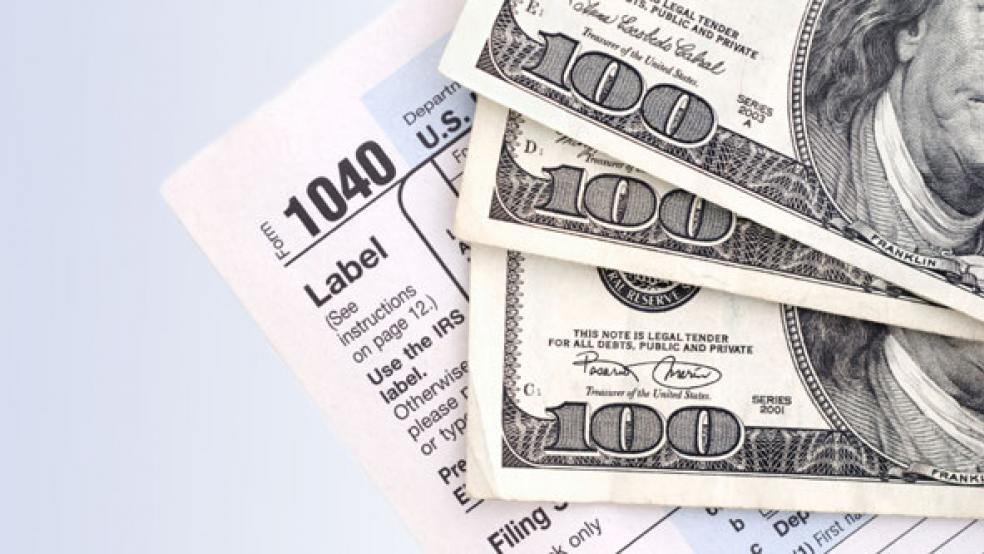Every year, the government doles out more than $100 billion in erroneous payments through some of the largest federal benefit programs and tax credits.
Though most of the improper payments go to Medicare and Medicaid providers and recipients of the Earned Income Tax Credit, the Internal Revenue Service has also struggled to rein other erroneous payments.
Related: Government Blows $125 Billion in Improper Payments
A new report from the Treasury Inspector General for Tax Administration (TIGTA) released reveals that the IRS allowed[MM1] more than $5.6 billion in potentially improper education tax credits on some 3.6 million Americans’ 2012 tax returns.
That’s about one-third of the $19 billion the government paid out that year in the tax break known as the American Opportunity Tax Credit.
That tax credit was created under the 2009 American Recovery and Reinvestment Act (ARRA) as a way to help students deal with the climbing costs of college tuition. It was originally set to expire at the end of 2010, but Congress has extended it through 2017.
The federal auditors reviewing the tax credit claims found that more than 2 million people never submitted a tuition statement to prove they were enrolled in a school but received more than $3.2 billion in education credits in 2012.
Related: 5 Years of Over $100 Billion in Improper Payments
The report also said that about 1.6 million people who received $2.5 billion in education credits weren’t attending eligible institutions. An additional 400,000 received about $650 million despite claiming the tax credit for more than four years.
In addressing these findings, the auditors said that the IRS needs to have a better process in place to assure that it doesn’t continue to let millions of people take bogus credits at taxpayers’’ expense.
"The IRS still does not have effective processes to identify erroneous claims for education credits," Inspector General J. Russell George said in a statement.
The IG made several recommendations to help prevent the IRS from issuing more improper credits in the future, including moving up the date that forms for the credit must be filed to January so the agency has more time to identify errors.
Related: Medicare Doles Out $45B in Improper Payments
The IRS agreed and said it has taken steps to address improper claims. But TIGTA said there is more work to be done.
"Although the IRS has taken steps to address some of our recommendations, many of the deficiencies TIGTA previously identified still exist. As a result, taxpayers continue to receive billions of dollars in potentially erroneous education credits,” George said in a statement.
Top Reads from The Fiscal Times





